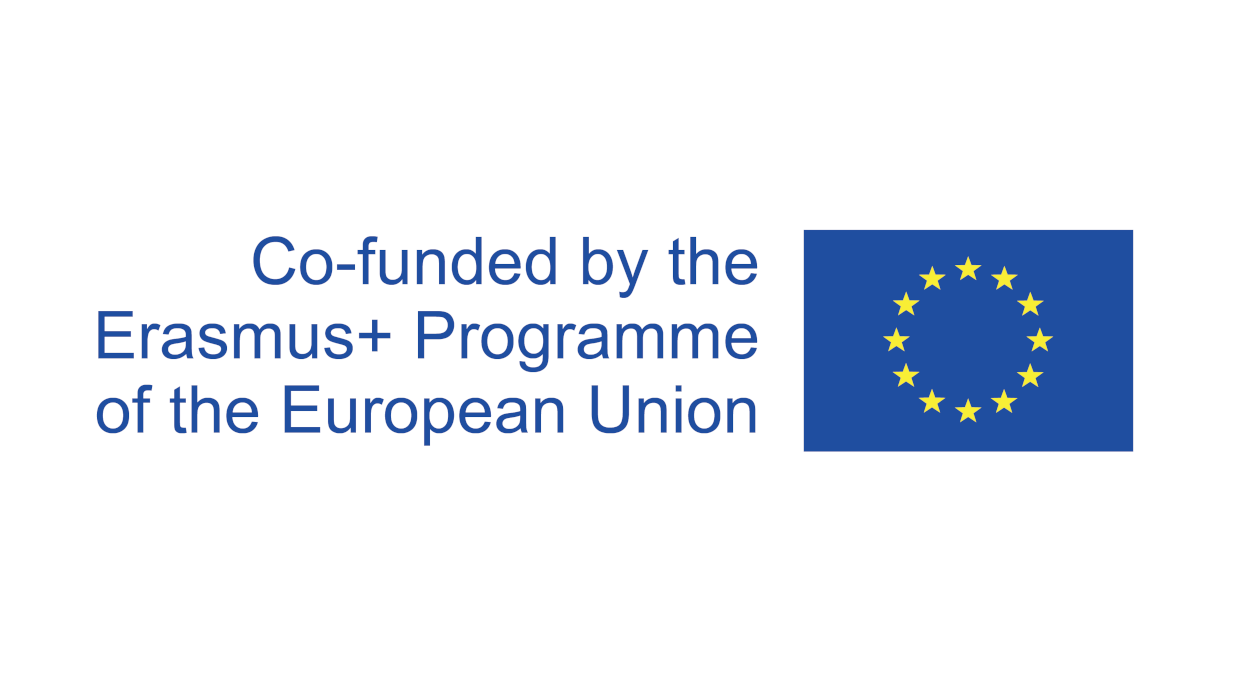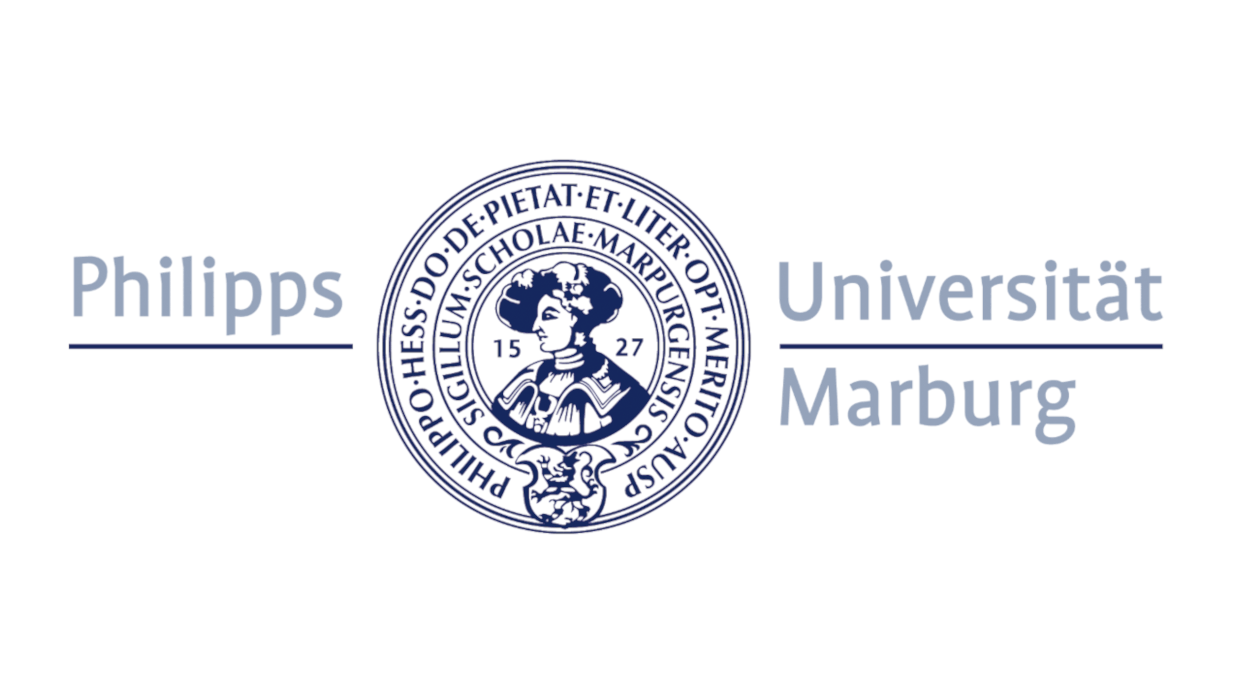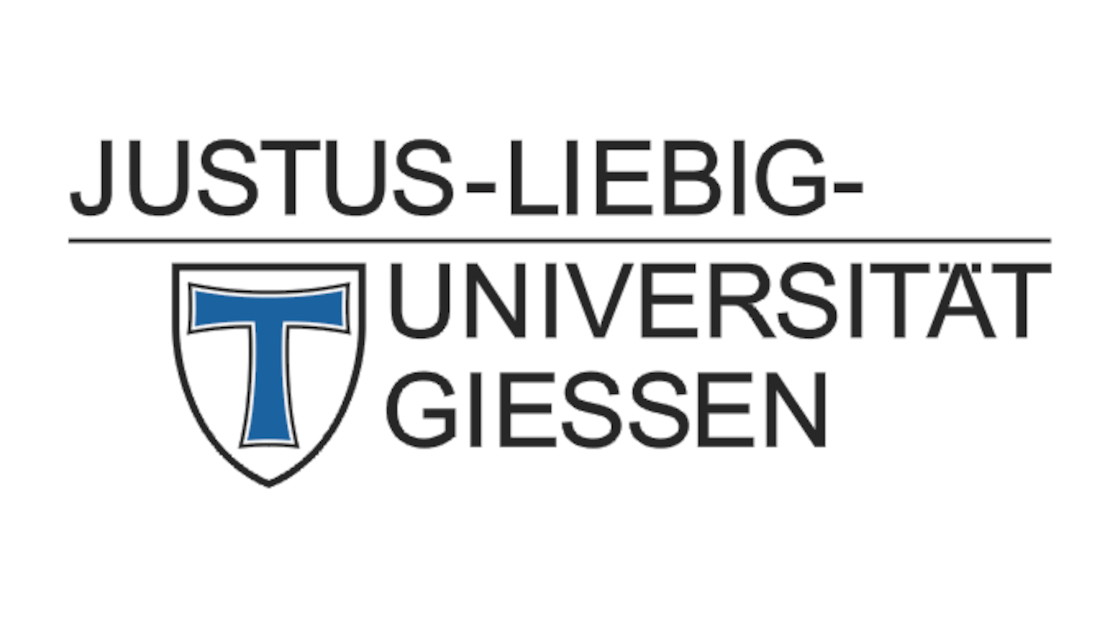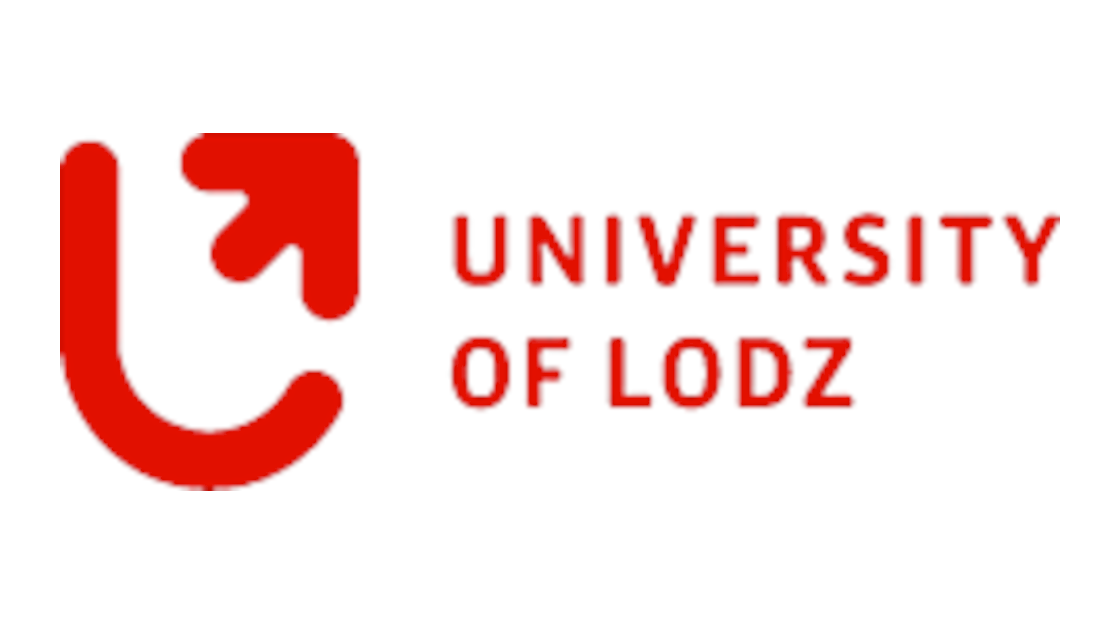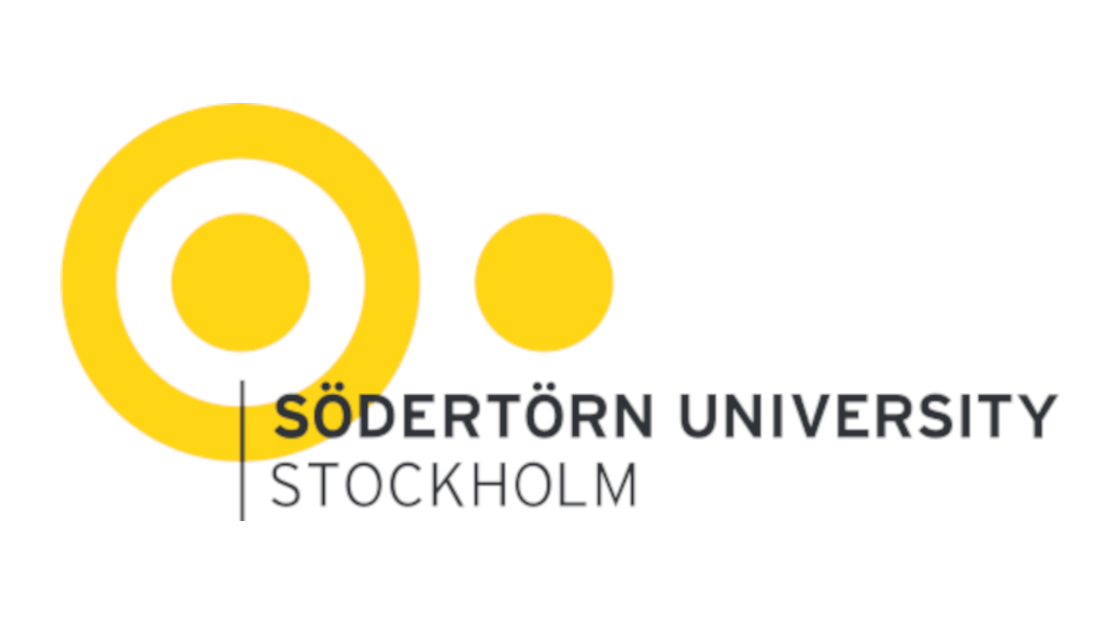30.10.2024 Innovative Teaching Strategies in Peace and Conflict Research Explored at SHARINPEACE Conference
Multiplier Event "“Didactic Innovations in Peace and Conflict Research", 17.10.2024, Giessen

On October 17, 2024, Justus Liebig University of Giessen hosted an inspiring multiplier event, “Didactic Innovations in Peace and Conflict Research,” dedicated to new educational methods in peacebuilding and human rights. This conference was part of the SHARINPEACE (Simulating Human Rights in Peacebuilding) project, co-funded by the Erasmus+ program, in collaboration with institutions including the University of Marburg, Singidunum University, University of Southern Denmark, Södertörn University, and the University of Łodź.
The event spotlighted innovative didactic approaches, particularly simulation-based learning, to equip students with the skills needed to navigate complex peace and human rights scenarios. Stéphane Voell of the University of Marburg delivered the keynote, offering insights into the SHARINPEACE simulation on the Cyprus conflict, which uniquely incorporated practitioner interviews to help students bridge theory and real-world conflict dynamics.
Throughout the conference, experts examined interdisciplinary collaborations and simulations like Model United Nations. Oscar Noach from the University of Southern Denmark emphasized the critical role of debriefing in simulation exercises. “Debriefing helps students reflect on their emotional responses and the simulation's constraints, preparing them for real-world peacebuilding,” Noach remarked. Additionally, Dragana Stojanović of Singidunum University shared insights on digital immersion, describing how blended digital realities allow students to engage deeply with remote peace education settings, bringing new dimensions to learning.
Magdalena Rekść from the University of Łodź underscored the influence of AI in education, highlighting its potential to foster inclusive, ethical learning spaces. “AI is reshaping education, challenging us to nurture students who are not only technically skilled but also socially and ethically aware,” Rekść noted.
The event also featured two compelling roundtable discussions. Civil society representatives from Germany and Colombia shared creative, non-traditional methods in peace education, stressing the need for flexibility beyond formal academic settings. Stefan Peters, representing both the University of Giessen and the German-Colombian Peace Institute (CAPAZ), called for universities to expand beyond conventional teaching. “To prepare students for real-world complexities, we must push the boundaries of traditional education,” Peters asserted.
This conference underscored the urgency for innovative, context-sensitive educational strategies that prepare students to address peacebuilding and human rights challenges in an evolving global landscape.
---
Simulation Human Rights in Peacebuilding (SHARINPEACE)
Erasmus+ Cooperation Partnerships, 2021-1-DE01-KA220-HED-000031133

Contact
Julia Schwab
Mail: Julia.schwab@recht.uni-giessen.de
Chair for International Relations and Peace Studies
Justus-Liebig University Giessen
